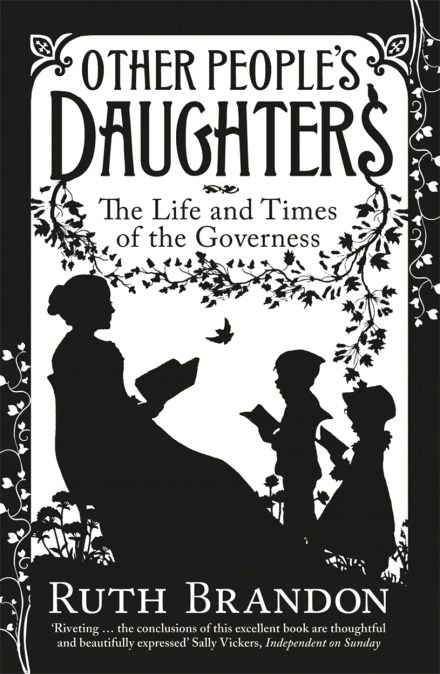A rich and fascinating account of the lives of Victorian governesses, exploring nineteenth-century attitudes to women, family and class.
If a nineteenth century lady had neither a husband to support her nor money of her own, almost her only recourse was to live in someone else’s household and educate their children – in particular, their daughters.
Marooned within the confines of other people’s lives, neither servants nor family members, governesses occupied an uncomfortable social limbo. And being poor and insignificant, their papers were mostly lost. But a few journals and letters have come down to us, giving a vivid record of what it was to be a lone professional woman at a time when such a creature officially did not exist.
If a nineteenth century lady had neither a husband to support her nor money of her own, almost her only recourse was to live in someone else’s household and educate their children – in particular, their daughters.
Marooned within the confines of other people’s lives, neither servants nor family members, governesses occupied an uncomfortable social limbo. And being poor and insignificant, their papers were mostly lost. But a few journals and letters have come down to us, giving a vivid record of what it was to be a lone professional woman at a time when such a creature officially did not exist.
Newsletter Signup
By clicking ‘Sign Up,’ I acknowledge that I have read and agree to Hachette Book Group’s Privacy Policy and Terms of Use
Reviews
Ruth Brandon's fine account deals with the governess in literature and in life.
Brandon explains why many a romantic novel and intellectual debate was inspired by such women.





